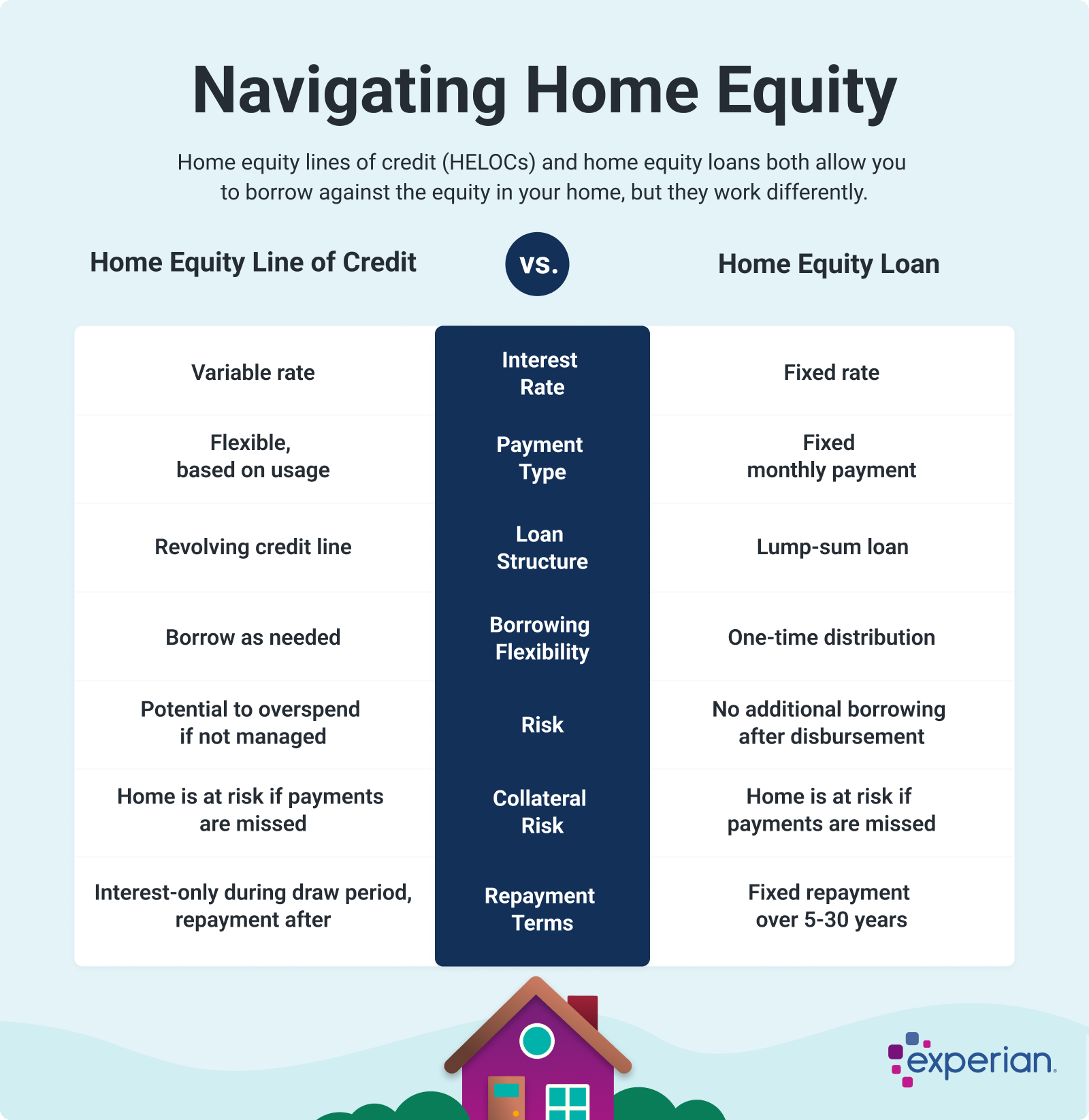Exploring Cash Flow Relief Through Equity Release Mortgages
Exploring Cash Flow Relief Through Equity Release Mortgages
Blog Article
Exploring the Different Kinds Of Equity Release Mortgages Available Today
Equity Release mortgages present various options for house owners aged 55 and over. equity release mortgages. These monetary items cater to various demands and choices, enabling individuals to access funds from their residential property. From lifetime mortgages to common recognition mortgages, each type offers unique benefits. Recognizing these options is important for making educated choices. What factors should one think about when picking one of the most ideal equity Release strategy? The details that adhere to might clarify this essential topic
Recognizing Equity Release Mortgages
Equity Release mortgages offer home owners, normally those aged 55 and over, with a way to access the worth bound in their residential or commercial property without needing to offer it. This economic alternative allows people to transform a portion of their home equity into money, which can be used for numerous purposes, such as home improvements, settling financial obligations, or funding retirement.Equity Release can take various forms, yet it fundamentally includes borrowing versus the worth of the home while retaining ownership. Home owners can select to get a swelling sum or a collection of smaller settlements, depending upon their monetary needs and preferences.Additionally, the amount available for Release is influenced by the residential or commercial property's worth, the homeowner's age, and details loan provider requirements. On the whole, understanding equity Release home loans is vital for house owners to make enlightened decisions regarding touching into their home's equity while considering the long-term ramifications.
Lifetime Mortgages
Lifetime home mortgages stand for one of one of the most prominent forms of equity Release. This economic item allows homeowners, normally aged 55 or older, to borrow against the worth of their residential property while preserving ownership. The finance, which is protected against the home, builds up passion over time but does not require monthly payments. Instead, the lending and accrued rate of interest are settled when the homeowner dies or relocates into long-lasting care.Lifetime home mortgages supply adaptability, as customers can choose to receive a round figure or select a drawdown center, accessing funds as required. Notably, numerous strategies included a no-negative-equity guarantee, making sure that debtors will certainly never ever owe greater than the worth of their home. This attribute provides comfort, permitting people to enjoy their retired life without the fear of depleting their estate. In general, lifetime home loans work as a feasible choice for those looking for financial assistance in later life.
Home Reversion Program

Drawdown Lifetime Mortgages
While lots of house owners look for methods to access their wide range, drawdown life time mortgages offer a versatile option that permits people to Release funds slowly. This kind of equity Release mortgage allows property owners to borrow versus the worth of their property while retaining possession. Unlike typical lifetime home mortgages, drawdown strategies allow customers to access a section of their equity upfront and take out added funds as needed, as much as a fixed limit.This attribute can be specifically beneficial for those who want to handle their finances very carefully, as it minimizes interest buildup by only billing interest on the quantities drawn. In addition, drawdown lifetime mortgages frequently feature a "no unfavorable equity guarantee," making certain that consumers will certainly never owe even more than their home's worth. This option suits senior citizens that prefer monetary safety and security and flexibility, allowing them to satisfy unanticipated expenditures or maintain their way of living without having to sell their home.
Improved Life Time Mortgages
Boosted Life time Home mortgages use distinct benefits for qualified home owners looking for to Release equity from their residential properties. Recognizing the eligibility requirements is essential, as it identifies who can take advantage of these specialized fundings. It is additionally crucial to review the prospective disadvantages linked with improved options, making certain an all-round perspective on their use.
Eligibility Requirements Described
Recognizing the qualification criteria for Improved Life time Mortgages is essential for possible candidates looking for to access the equity in their homes. Usually, candidates have to be aged 55 or older, as this age demand is common in the equity Release market. Homeowners need to have a building valued at a minimum threshold, which can vary by lending institution. Significantly, the residential or commercial property needs to be their key residence and in excellent condition. Lenders usually examine the property owner's wellness condition, as certain health problems may improve qualification and benefits. Furthermore, applicants must not have existing substantial financial obligations safeguarded against the home. Fulfilling these standards allows people to discover Boosted Life time Mortgages as a practical alternative for accessing funds bound in their homes.
Benefits of Enhanced Home Loans
After clarifying the qualification standards, it ends up being obvious that Improved Lifetime Home mortgages offer numerous significant advantages for home owners wanting to take advantage of their home equity. Mainly, they offer access to a bigger loan quantity contrasted to common life time mortgages, profiting those with wellness conditions or age-related factors that boost their life expectations risk. This enhanced borrowing capacity enables house owners to satisfy different monetary demands, such as home improvements or retired life expenses. Furthermore, these home mortgages normally include versatile payment choices, enabling customers to handle their funds better. The no-negative-equity assurance even more assures that homeowners will certainly never owe more than their property's value, offering satisfaction. Overall, Enhanced Life time Home mortgages present an engaging alternative for eligible homeowners looking for monetary services.
Possible Downsides Considered
While Improved Life time Mortgages provide numerous benefits, potential drawbacks call for careful consideration. One significant problem is the influence on inheritance; the equity launched minimizes the value of the estate left to recipients. Additionally, these mortgages can build up significant interest with time, leading to a substantial financial obligation that may surpass the original loan quantity. There may also be constraints on building alterations or rental, limiting homeowners' adaptability. Additionally, enhanced items commonly need certain wellness problems, implying not all house owners will qualify. Handling the charges and charges connected with these home loans can be complex, potentially leading to unexpected expenses. As an outcome, people must completely assess their scenario and consult economic advisors prior to proceeding.
Shared Gratitude Home Loans
Shared Admiration Home loans stand for an one-of-a-kind economic arrangement that allows home owners to access equity while sharing future property value boosts with the lending institution. This method provides possible benefits such as decreased regular monthly payments, however it also includes drawbacks that should be carefully taken into consideration. Understanding the eligibility demands is crucial for those thinking about this choice.
Principle Review
Equity Release home loans, particularly in the kind of common gratitude mortgages, supply home owners a distinct monetary service that enables them to accessibility funds by leveraging the value of their building. In this arrangement, a loan provider offers a lending to the property owner, which is usually repaid through a share of the property's future gratitude in value. This indicates that when the property owner markets the residential property or dies, the loan provider gets a percent of the increased worth, instead than just the first funding amount. Shared appreciation mortgages can be appealing for those seeking to supplement their revenue or money considerable look these up expenses while maintaining ownership of their home. Nevertheless, the monetary implications of common admiration have to be meticulously considered by potential debtors.
Benefits and Disadvantages
Although common appreciation mortgages can provide significant economic benefits, they also include notable drawbacks that potential customers should consider. These home loans enable house owners to accessibility equity in their residential or commercial properties while sharing a part of any kind of future admiration with the lender. This plan can be useful throughout times of increasing property worths, providing substantial funds without month-to-month payments. The primary downside is the possible loss of equity; house owners may finish up with significantly minimized inheritance for successors. Additionally, the complexity of the terms can result in misconceptions concerning settlement obligations and the portion of admiration owed. It is important for customers to evaluate these aspects very carefully prior to devoting to a common recognition home loan.

Qualification Requirements
What criteria must property owners meet to receive a shared appreciation home mortgage? Largely, prospects need to be at least 55 years of ages, assuring they are within the target market for equity Release items. In addition, the building needs to be their main residence and typically valued over a specified minimum threshold, commonly around ? 100,000. Lenders likewise evaluate the homeowner's economic scenarios, including revenue and arrearages, to identify they can handle the mortgage sensibly. Significantly, the residential or commercial property has to be in excellent condition and devoid of considerable legal encumbrances. House owners ought to additionally have a clear understanding of the terms, including exactly how appreciation will certainly be shown to the loan provider upon sale or transfer of the property, as this impacts total returns.
Choosing the Right Equity Release Alternative

Regularly Asked Concerns
What Age Do I Required to Be for Equity Release?
The age need for equity Release generally begins at 55 for a lot of plans. Some providers might offer choices for those aged 60 and above, reflecting varying terms based on specific situations and lending institution policies.
Will Equity Release Influence My Inheritance?
Equity Release can affect inheritance, as the quantity borrowed plus rate of interest reduces the estate's value. Successors may get much less than anticipated, depending upon the property's gratitude and the overall financial debt at the time of passing.
Can I Move Home With Equity Release?
The inquiry of moving home with equity Release emerges regularly. Typically, people can move their equity Release strategy to a new home, yet specific terms and conditions may apply, calling for appointment with the lending institution for assistance.
Are There Charges Related To Equity Release Mortgages?
Costs connected with equity Release home mortgages can include arrangement fees, appraisal fees, and legal costs. Furthermore, there may be early repayment charges, which can affect the overall cost and financial implications for the customer.
Just How Does Equity Release Impact My Tax Obligation Circumstance?
Equity Release can impact one's tax obligation circumstance by potentially raising taxable revenue, as released funds are considered funding. It typically does not incur instant tax obligations, making it important to get in touch with an economic advisor for tailored guidance.
Final thought
In recap, the variety of equity Release home mortgages available today uses home owners aged 55 and over multiple pathways to access their residential property's worth - equity release mortgages. Whether opting for a life time home mortgage, home reversion strategy, or various other alternatives, each choice provides distinctive advantages customized to individual financial needs. Cautious factor to consider and appointment with an economic advisor are important to ensure the selected equity Release option straightens with economic conditions and individual objectives, inevitably facilitating informed decision-making for a secure financial future. Equity Release home mortgages existing numerous choices for house owners aged 55 and over. Equity Release mortgages offer property owners, generally those aged 55 and over, with a means to access the worth linked up in their building without requiring to offer it. Enhanced Lifetime Home mortgages use unique advantages for qualified home owners seeking visit our website to Release equity from their homes. Equity Release home mortgages, especially in the form of common recognition mortgages, supply house owners a special financial remedy that enables them to access funds by leveraging the worth of their home. In summary, the range of equity Release mortgages readily available today provides homeowners aged 55 and over numerous pathways to access their building's value
Report this page